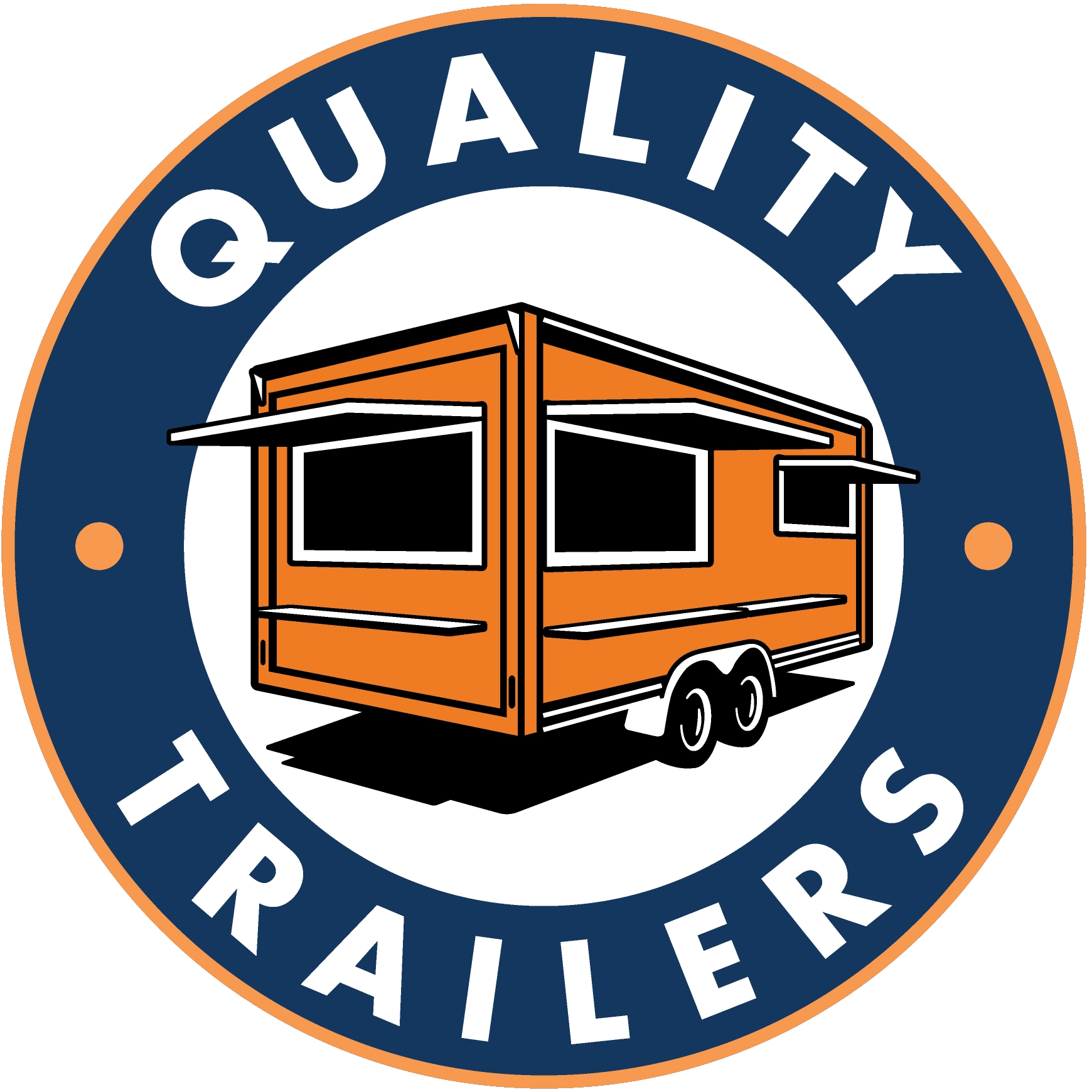How to Choose the Right Custom Food Truck Builder
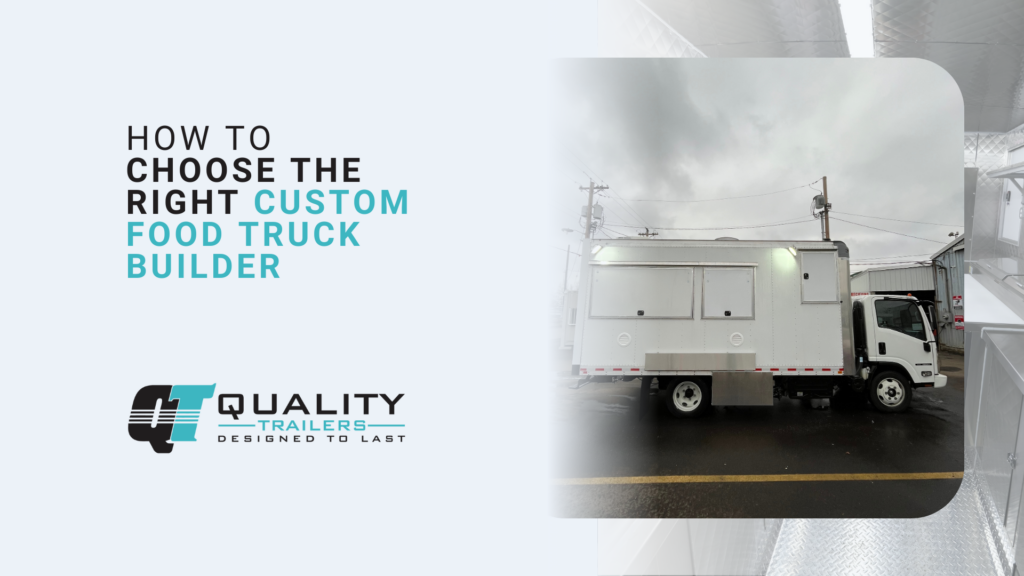
Starting a mobile food business requires more than just a great menu and entrepreneurial spirit. The foundation of your success begins with selecting the right partner to build your mobile kitchen. Whether you’re launching your first venture or expanding an existing operation, understanding how to evaluate and choose a builder can mean the difference between […]
Tips for Choosing the Best Concession Food Trailers
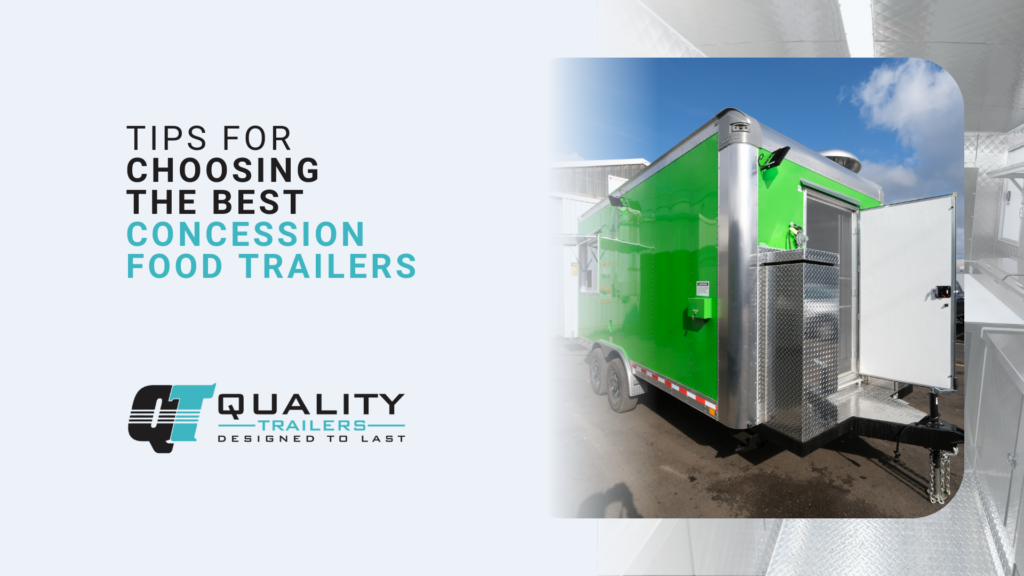
Selecting the right concession food trailer represents one of the most critical decisions you’ll make as a mobile food entrepreneur. Whether you’re launching your first venture or expanding an existing operation, the trailer you choose will directly impact your daily operations, profitability, and long-term success. This comprehensive guide walks you through the essential considerations for […]
Custom Food Truck Trailers vs. Standard Models: Which Is Right for You?
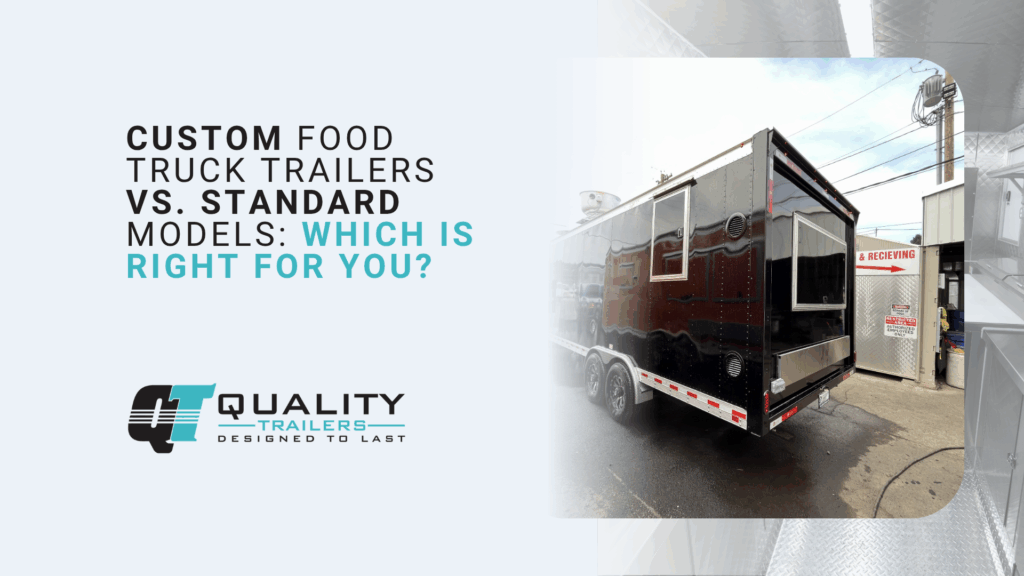
Starting a mobile food business is an exciting venture, but one of the most critical decisions you’ll make is choosing between a custom food truck trailer and a standard model. This choice will impact your daily operations, brand identity, budget, and long-term success. Understanding the differences between these two options can help you make an […]
Permitting Process for Custom Built Food Trailers in Oregon
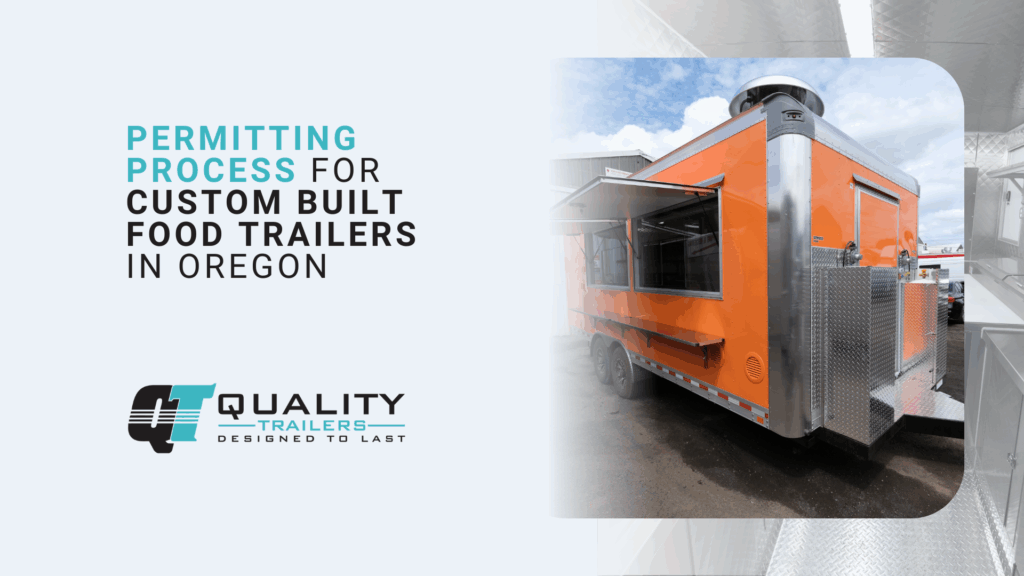
Starting a mobile food business in Oregon involves navigating a complex web of regulations, permits, and inspections. For entrepreneurs looking to launch their culinary dreams with custom food trailers, understanding the permitting process is crucial to avoid costly delays and ensure compliance with state and local requirements. Understanding the Regulatory Landscape for Food Trailers in […]
Quality Trailers Inc. Sets the Standard for Safety and Innovation in Food Trailers
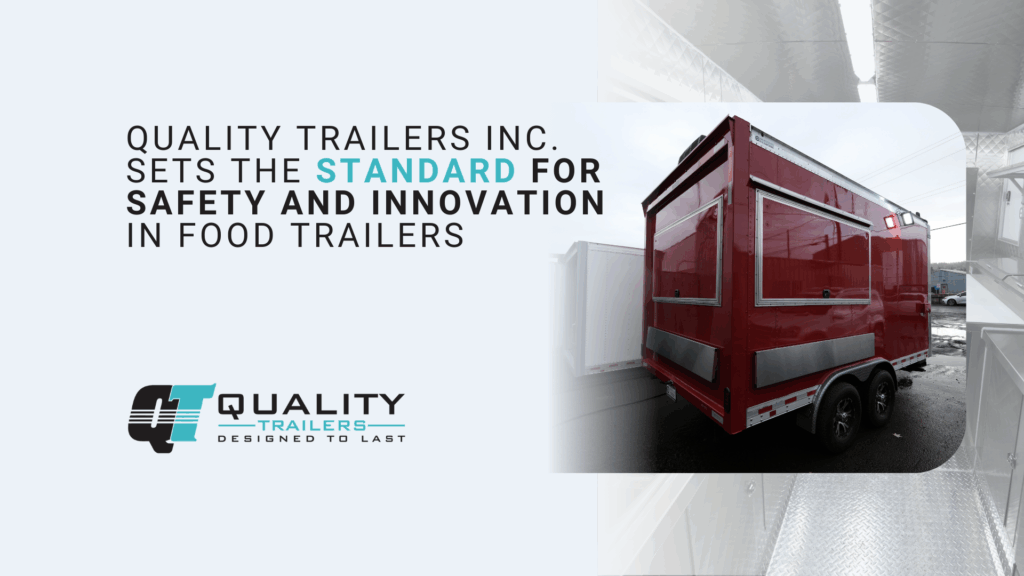
We’re thrilled to announce that Quality Trailers Inc. has been featured in Amerex Corporation’s Spring 2025 edition of “Inside the Diamond” magazine. This recognition highlights our unwavering dedication to excellence in the food trailer industry and our commitment to safety standards that protect our customers’ investments and livelihoods. Being showcased on the cover and in […]
Building Quality Trailers That Create Profitable Food Businesses
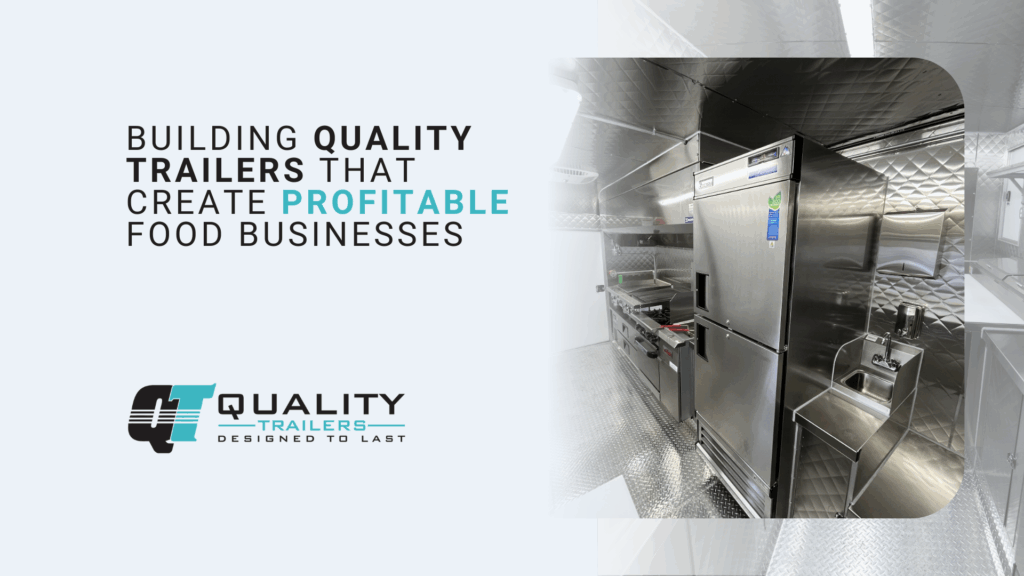
Starting a mobile food business requires careful planning, creativity, and most importantly, the right equipment. A quality food trailer built to your specifications serves as the foundation for successful food entrepreneurs across the country. These custom built mobile kitchens provide the perfect balance of functionality, mobility, and brand presence that can help transform culinary dreams […]
